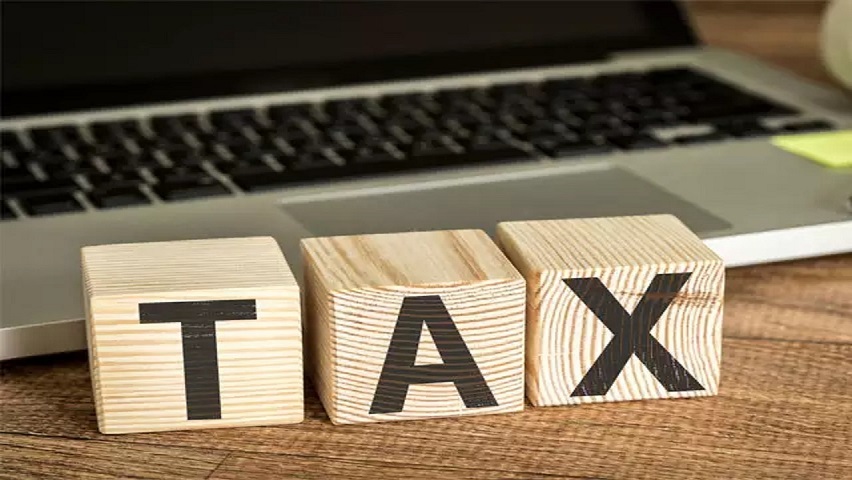Wealth tax is a direct tax that adapted after the Wealth Tax Act of 1957, which was adopted in 1957 to impose a tax on an assessee’s net wealth. It’s not a tax on his income, but on a person’s wealth.
Thus, wealth tax is a tax on the assets of a person or its value. The wealthy parts of society are being imposed. However, in the 2015 budget, the wealth tax was removed as the recovery costs exceeded the benefits. The elimination of the wealth tax also optimized taxation.

Who is responsible to pay wealth tax?
- The tax applies to individuals, businesses, and Undivided Hindu Families (HUFs).
- Residential status is the determining factor for the applicability.
- Indian citizen-All properties held in India or outside India will be counted as properties in the wealth tax calculation.
- Non-resident Indian – If the person is Non-Resident-Indian, (NRI) assets held in India will only be clubbed as assets in the wealth tax calculation. Assets outside India should NOT be included in the estimation of the wealth tax.
Assets under the Wealth Purview Act.
Under the Act, ‘assets’ includes property of any kind, whether movable or immovable, but may not include:
- Land kept in trust / for charitable/religious reasons,
- Interest in Hindu Undivided Family coparcenary property;
- Jewelry in Ruler ‘s possession, but on his personal property;
- An Indian citizen’s money/assets brought by an Indian individual,
- A house/part of a house or plot of land not beyond 50sq.m in the city, in the case of an individual / HUF,
- Stock-in-trade properties owned,
- Deposit Bonds in gold,
- House leased in a financial year for 300 + days and
- Any house given by the employer.
Looking for a tax consultant – Contact Us
Components of wealth generally include:
- Residential property containing apartments, a guest house, commercial properties,
- Urban land,
- Yachts, Planes, and Boats,
- Car,
- Cash in hand (over a Rs 50,000 limit),
- Utensils made of copper, gold, silver and
- Assets shifted to a spouse or minor children should be counted in individual wealth for the assessment of the wealth tax without appropriate evaluation.
Mode and Extent of Assessment
The assessment year is a 12-month cycle starting every year on the 1st day of April (1st April of one year-31st March of the next year). An asset’s worth is as of the financial year’s March 31 (appraisal date). The net wealth identified in the preceding year’s assessment date is measured during the appraisal year.
- The value of a property is defined in accordance with the Wealth Tax Act.
- The price shall be based on fair market value (FMV) for properties such as urban property, cars, yachts, vessels, and aircraft.
- The bullion prices on the valuation date would be used for jewelry to assess the gold and silver FMV. Unless it has been priced at more than Rs 5 lakhs, the report must be submitted by a licensed evaluator. For example, the study is not mandatory, and FMV may be assessed independently by an evaluating officer.
Debts paid for the purchase of the properties should be permitted as a deduction when determining net worth.
How much do we pay?
Wealth tax payable is 1% of the net value of the taxable property if it crosses Rs 30 lakhs as at the financial year’s valuation date. The closing date for filing a wealth tax return would be the same for a tax return on employment.
The implications of failing to file a wealth tax return or submitting an incorrect return are serious. Standard assessment provisions that apply to income tax also apply to wealth tax.
For the inability to pay a wealth tax on the due date, interest at 1 percent per month is payable. There are guidelines for imposing a penalty and/or prosecuting a person for not submitting the tax returns on property.
Disadvantages of Wealth Tax
This prevents ambitious and hard-working people from becoming innovative and working really hard, and wealth accumulation, which they say stimulates economic growth, as per wealth tax critics.
The tax is self-defeating because it prohibits the production or development of potential assets.
Why Wealth Tax Abolished?
- The inadequate simplicity of doing business.
- Simplifying tax practices, and increasing transparency.
- Incurs high price of the collection but delivers low yield.
- Increasing the collection of sales.
Currently, the wealth tax is substituted by a 2% surcharge levy on individuals, HUFs, companies, cooperative societies, local authorities with income above Rs . 1 Crore.



